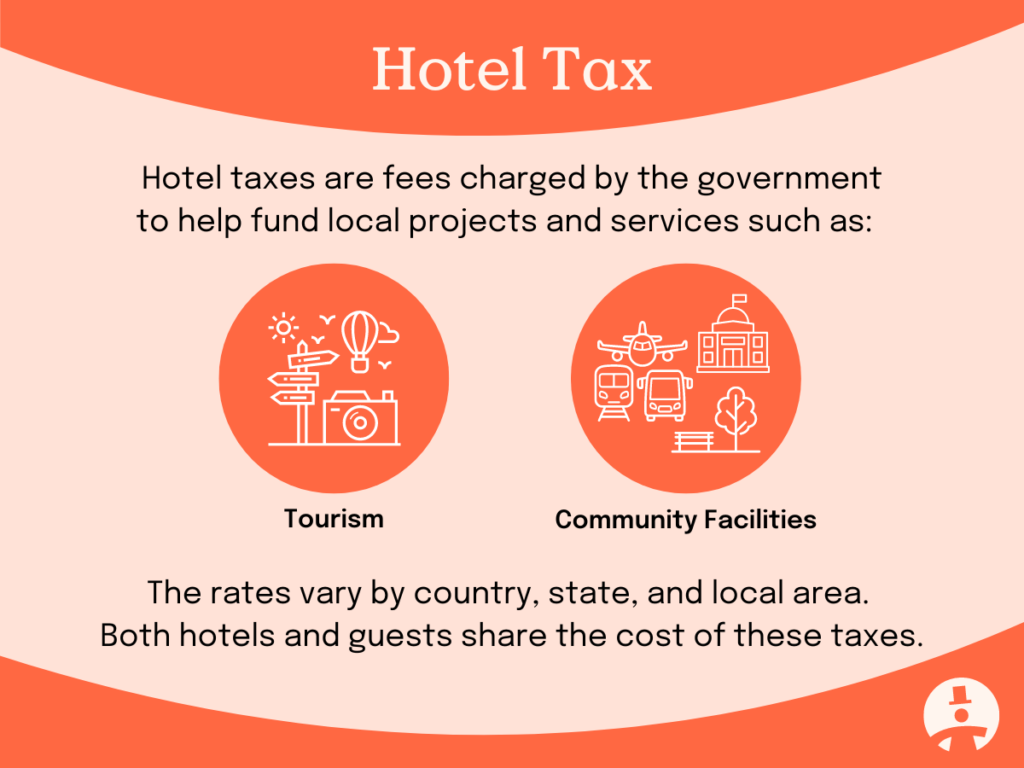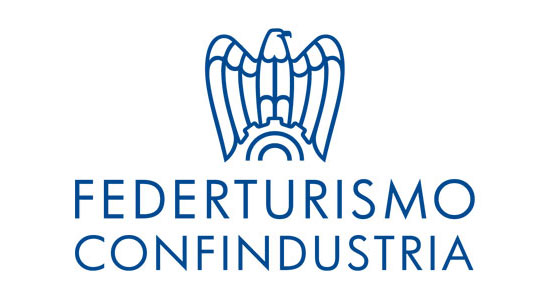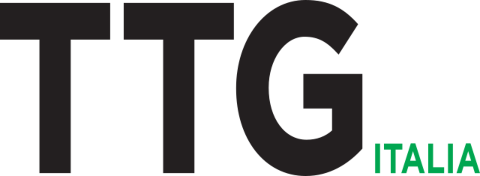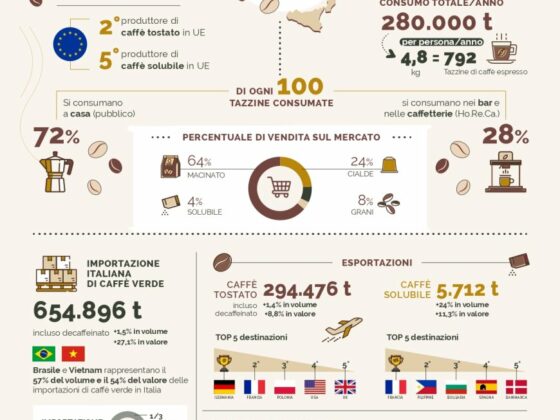
What is hotel tax?
Hotel tax, also known as occupancy tax, lodging tax or bed tax, is a tax that US authorities impose on the rental of hotel rooms and other forms of short-term accommodation.
Is hotel occupancy tax state or local? For the most part it is a state tax, but local jurisdictions will often have the option of adding their own tax on top. The revenue generated from hotel taxes is often used to fund local tourism, infrastructure and community projects.
What is the meaning of room tax? That’s just another name for hotel tax, and one that makes it a little clearer who pays this charge: the guest.
What are some similarities between sales tax and hotel tax?
Looking at the definition of hotel tax, you might think that it sounds a lot like sales tax. And you’d be right.
Hotel tax is paid in addition to sales tax, but works in much the same way: it’s collected when the guest pays for the accommodation, then remitted by the hotel to the appropriate state and local authorities. The business acts as the intermediary, collecting the tax from the consumer and passing it on to the government.
Both hotel tax and sales tax are taxes on the transaction of goods and services. They can both vary significantly from city to city, county to county, state to state. Both generally have exemptions that reduce or eliminate the taxes in certain situations. And, as with any tax, non-compliance with either hotel tax or sales tax can result in your business incurring interest or facing fines and penalties.
Gain more control over hotel payments and taxes
With Little Hotelier’s front desk feature you can take deposits and payments in a couple of clicks, with every transaction recorded in one place for easy accounting, helping you save valuable time!
Why is hotel tax so high?
‘High’ is a relative measure, but it’s true that some regions of the US have far higher hotel tax rates than others.
Most state hotel tax rates sit between 2%-6% of the total room rate. What is the highest hotel tax rate? Hawaii has a statewide ‘transient accommodations tax’ that currently sits at 10.25%. On the flip side, many states, including California and New York, don’t charge a statewide tax at all.
But that’s not to say that hotel tax doesn’t apply in California and New York. Counties and municipalities across the US charge their own hotel tax, and this practice is generally more common where statewide taxes don’t apply.
Georgia, which charges a $5/night ‘hotel/motel fee’ on all accommodations across the state, is also home to some of the nation’s highest municipality hotel taxes, with the cities of Marietta, Macon, Decatur and Columbus taxing at over 20%.
Hotel tax rates generally reflect local funding needs. In the case of Hawaii, there’s a lot of tourism infrastructure to maintain, a fact reflected in the relatively high hotel tax rate.
How to calculate hotel tax
How much is hotel tax? Calculating it is simple enough, you just need access to the necessary figures. You need:
- Your room rate
- State/county/city hotel tax rates
Equipped with those rates, you follow the example below to calculate the tax and total charges:
- Room rate: $100 per night
- Tax rate: 5% state tax + 5% city tax = 10%
- Tax calculation: $100 x 0.10 = $10
- Total cost: $100 (room rate) + $10 (tax) = $110 per night
What are tax recovery charges for hotels?
When a hotel room is booked through an online travel agent (OTA) like Booking.com or Expedia, ‘tax recovery charges’ and ‘service fees’ are often added to the bill. Here’s why.
The listed room rate includes the OTA’s markup, usually 15-25%. So if the wholesale rate for the room is $80, the OTA might charge $100 and make a profit of $20. The OTA is responsible for passing hotel taxes onto the guest as part of the transaction. But hotel tax is calculated on the $80 wholesale rate – travel websites usually don’t pay hotel taxes on their markup.If the OTA clearly stated the hotel tax being charged, it would be easy to work out their markup. Obviously OTAs don’t want that to happen, so they instead use opaque terms like ‘tax recovery charges’ and ‘service fees’ that bundle a number of different fees and charges together, making it impossible to reverse engineer their markup rate.

What state has the highest hotel tax?
In terms of statewide taxes, that label goes to Hawaii, with a rate of 10.25%. In terms of municipalities, the leader is Columbus, Georgia, at 22.7%.
In terms of major destinations, Chicago has a very reasonable occupancy tax rate of 4.5%, but also applies a city tax rate of 17.39% on net receipts from Chicago hotel operations, taking the total to 21.89%.
Let’s look at how a few of the biggest states compare in terms of state hotel taxes.
Texas hotel tax
Texas imposes a statewide hotel occupancy tax of 6%, which only applies if the room rate is $15+/night. Local authorities can impose additional hotel taxes, and many do: in Houston, for example, hotel taxes total 17%, made up of the 6% state tax, a 7% Houston tax, a 2% Harris County tax and a 2% Houston Sports Authority tax.
If you’re wondering where to pay for city occupancy tax or state occupancy tax, the 6% state hotel tax is collected by the Texas Comptroller, while local taxes are collected by the relevant city or county.
Florida hotel tax
While Florida doesn’t have a statewide hotel tax, the state does authorise local counties to impose taxes of 3%-6% on hotel accommodation and short-term rentals. There’s also the tourist impact tax, which aims to offer environmental protection in areas impacted by tourism, and a 4%-7% municipal resort tax that can be applied in three locations: Bal Harbour, Miami Beach and Surfside.
New York hotel tax
New York does not have a statewide hotel tax, but it does authorise municipalities to charge their own taxes. In New York City there are two main charges: a ‘hotel room occupancy tax’ of 5.875%, and a ‘hotel unit fee’ of $1.50 per unit per day.
California hotel tax
Like New York, California does not have a statewide hotel tax, but does grant city and county legislative bodies the power to levy the transient occupancy tax (TOT), commonly referred to as the ‘bed tax’.
In Los Angeles the bed tax is set at 12%, and applies to all accommodation providers serving transient guests in the unincorporated areas of Los Angeles County. Taxes are paid monthly to the county tax collector.
What is occupancy tax?
Occupancy tax is simply another name for hotel tax, lodging tax and bed tax. It’s the name, or one of the names, used by many states, including Alabama, California, Connecticut, Illinois, New Jersey, Tennessee, Texas, Virginia and West Virginia.
Is occupancy tax the same as sales tax?
As we mentioned at the start of this guide, occupancy tax/hotel tax is treated as a separate tax to sales tax, but it works in much the same way.
What can hotel occupancy tax be used for?
Hotel occupancy taxes are used to fund a wide variety of public infrastructure, programs and services. There’s no specific funding mix, but some common uses for occupancy tax revenue include:
- Promoting tourism: Occupancy tax can be used to attract more people to the region by promoting it through marketing efforts and by supporting local events.
- Public infrastructure: Investments in roads, railways, airports and public transport can make the region easier to travel for locals and visitors alike, while parks, museums and other shared spaces can draw more people in and make for a nicer visit.
- Economic development: Authorities might attempt to boost the local economy by supporting local businesses and attractions that cater to tourists.
- Municipal services: Taxes might be used to ensure that everything that should work does work, including sanitation, maintenance and emergency services.
How do I benefit from paying hotel occupancy tax?
First it’s important to note that as the accommodation provider, you don’t actually pay hotel occupancy tax – your guest does. You’re simply the intermediary who transfers the tax from the guest to the government.
And in return for your role as middleman, you get all the benefits listed above: the tax revenue is often used to promote your destination, improve local infrastructure and services, and support businesses that cater to tourists, like yours.
Who is exempt from hotel occupancy tax?
Most authorities who impose a hotel occupancy tax, whether at the state, county or municipal level, will have a list of exemptions. These vary from authority to authority, so you’ll need to check which apply in your region.
The county of Los Angeles, for example, lists five exemptions to their ‘transient occupancy tax’, including emergency shelter referrals and US Postal Service workers on government business.
How to find the occupancy tax percentage
You should be able to find the occupancy tax for your region by simply Googling it. YOu should get your information directly from the source: the authority charged with levying/collecting the tax. And remember that there may be multiple authorities – state, county, city – who impose this tax in your region.
Hotel tax management strategies
Unless you happen to live in a region with no hotel tax, there’s no way to avoid it. But there are ways to better manage your hotel finances so that tax responsibilities don’t become a drag on your business.
Regional tax variations and their impact
It’s critical that you work to understand the unique tax structure of your region – and with the rules and rates differing dramatically between states, counties and cities, you can be quite confident that your structure is indeed unique.
If taxes are charged by multiple authorities, you need to ensure you send the right amount to the right collector. Find a quality accountant to ensure you’re doing everything by the book. And if you’re in a region with higher tax rates, you need to consider how that might affect your room rate, as your guests may face an extra 20% or more on their bill.
Staying compliant with legal changes
Speaking of accountants, they are critical to ensuring that your hotel maintains compliance when rules or rates change. Any of the relevant authorities can change their rates at any time, as well as the rules around how they are calculated, when they are paid and who they apply to.
Tax exemptions and deductions
A quality accountant will also alert you to any exemptions or deductions that might apply in your situation. Remember that hotel tax is charged to the guest, so these exemptions may not necessarily apply directly to you, but they may allow you to offer a more competitive room rate without affecting your profitability.
Leveraging technology for tax management
A quality accountant is key, but most small, independent hotels won’t be able to justify employing a dedicated, full-time finance professional. This means that the day-to-day numbers will be yours to crunch, which can be a little overwhelming… unless you invest in the right tools.
A smart property management system can simplify in-house accounting and help you to ensure that you’re meeting your tax responsibilities. And when you choose a tool like Little Hotelier, it can also do a whole lot more.
Gain more control over hotel taxes and simplify processes with Little Hotelier
Little Hotelier is the leading all-in-one property management system built for small, independent hotels. On top of granting access to the world’s most powerful hotel distribution system, you’ll enjoy centralized guest management that places all your pricing, payments and financial data at your fingertips. Our Front Desk feature forms the heart of the tool:
- One calendar: See all your bookings on the one screen, and get all the details you need in an instant.
- Take payments: Our two click system makes payments a breeze, with every transaction recorded in one place for easy bookkeeping and reconciliation.
- Save time: With the help of Little Hotelier Front Desk you can save up to 35 minutes on every single booking!
More revenue. More control. More Support. With Little Hotelier, you can be more confident in meeting all your hotel tax obligations, while growing your business like never before.
By Dean Elphick
Dean is the Senior Content Marketing Specialist of Little Hotelier, the all-in-one software solution purpose-built to make the lives of small accommodation providers easier. Dean has made writing and creating content his passion for the entirety of his professional life, which includes more than six years at Little Hotelier. Through content, Dean aims to provide education, inspiration, assistance, and, ultimately, value for small accommodation businesses looking to improve the way they run their operations (and live their life).
Table of contents

Free ebook
The ultimate A-to-Z guide to Little Hotelier
“I’m in love with the new app because it’s very simple to use! I had to rely on someone calling me, but now it’s as simple as using the desktop software.”
Owner, Athelstane House










Mick Comerford,
General Manager
The Mercantile Hotel
Read more